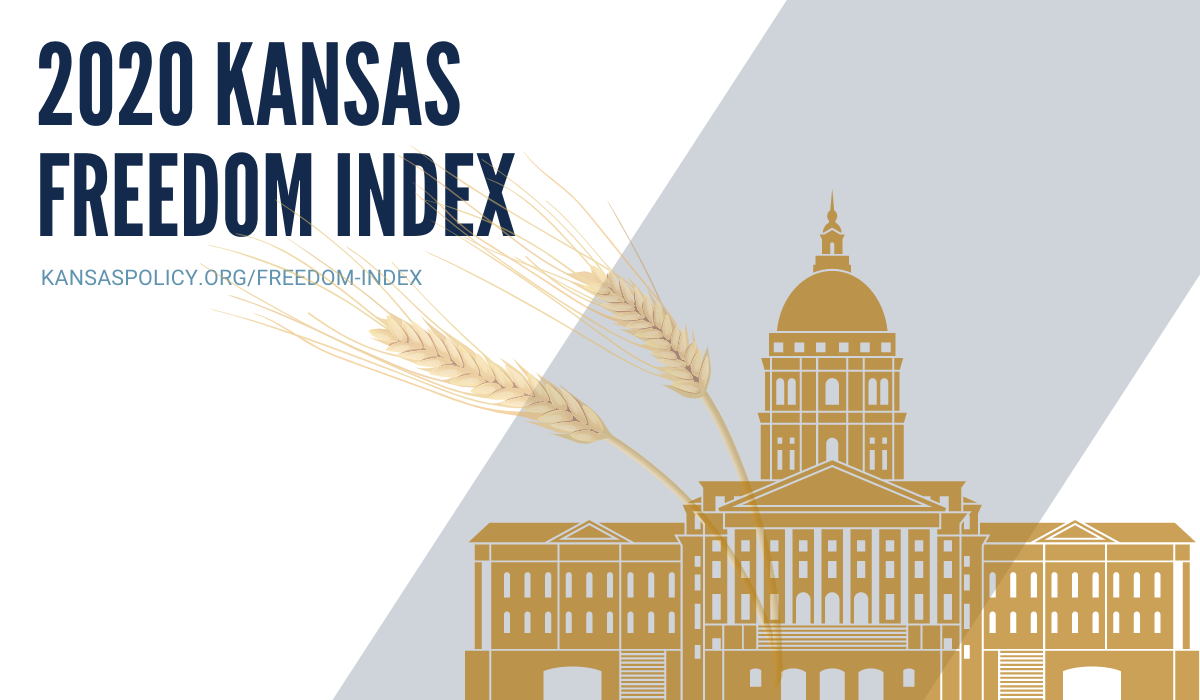The Kansas Supreme Court ruled unconstitutional lawmakers’ most recent attempt at a school financing formula, in part, because the formula is based on the successful schools model of calculating funding that the Court itself used to force lawmakers to inject an additional $853 million in funding in its 2005 Montoy school finance decision.
In their recent opinion, the justices wrote a legislative post audit (LPA) “expressly rejected” using such a model for funding, but Kansas Policy Institute President Dave Trabert disagrees. “That is patently false. Legislative Post Audit didn’t reject the successful schools model or even make a negative comment about it; they merely used another accepted methodology.”
The post audit study examined four basic approaches to education funding, but auditors limited the 2006 LPA study to two approaches–an input-based study and an outcomes-based study. Input based sought recommendations from educators and other professionals and then tallied the cost of the services they recommended. Outcomes-based would determine how much it would cost to meet certain performance measures, our educational outcomes.
Auditors wrote their goal was to make decisions and assumptions from both studies that were “reasonable, credible and defensible.”
“Because K-12 education funding levels ultimately will depend on the Legislature’s policy choices, we designed the input-based cost study to allow different ‘what-if’ scenarios,” the post audit conducted by Augenblick & Myers reads. “For the outcomes-based cost study, we can adjust certain variables such as the performance outcome standards to develop cost estimates. In either study, we could adjust assumptions about the level of efficiency at which districts are expected to operate.”
The auditors didn’t write anything negative about any of the four basic approaches to estimating costs. Instead, the post audit suggests those decisions are best left to the Legislature.
“In other words, it’s important to remember that these cost studies are intended to help the Legislature decide appropriate funding levels for K-12 public education. They aren’t intended to dictate any specific funding level, and shouldn’t be viewed that way,” the audit reads.
While crafting the existing school finance formula, legislators selected 41 Kansas school districts that meet or exceed standards, (deeming them to be ‘successful schools’) and then created baseline funding based on those districts’ spending patterns.
Justices opined in their recent decision that legislators (or the state) never explained why they chose that model, which the justices said, a 2006 legislative post audit “expressly rejected.”
The 2006 LPA reviewed four standard approaches used to determine education costs before settling on an approach with recommendations from Kansas school districts, academic researchers, and staff from National Conference of State Legislators. NCSL tends to favor policies that increase taxes and spending as opposed to the American Legislative Exchange Council (ALEC), which favors limited government, free markets and federalism.
What method LPA used isn’t really relevant anyway, according to Trabert.
“The Constitution says, and even the Supreme Court acknowledges, that constructing a formula is strictly a matter of legislative prerogative,” he said. “Accordingly, the legislature needn’t justify its reason for using the successful schools model to build a finance formula.”
He said the Court allowed the use of the successful schools model following the Montoy lawsuit.
“That the Court would reject methodology it used itself merely because the Plaintiffs didn’t like the outcome is the school yard equivalent of ‘nuh uh,’” Trabert said.
The Court’s most recent decision is its fifth ruling in cases involving the state and a group of Kansas school districts. Justices gave lawmakers a deadline of April 30 to craft a new formula. The Court will consider the legislature’s efforts no later than June 30, 2018. Kansas Speaker of the House Ron Ryckman said the Court’s decision doesn’t respect the will of the people.
“The Legislature spent months engaging in a public process to consider input from educators, parents, and administrators to craft a solution that does not jeopardize other state services,” Ryckman said in a statement.


